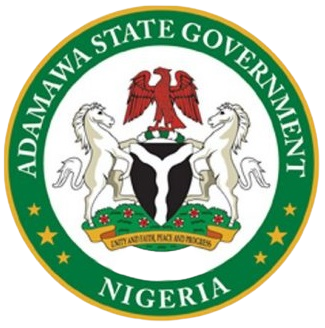Development control is a regulatory process implemented by government authorities to manage and oversee the physical development of land and buildings within a specific jurisdiction. The primary goal is to ensure that development activities align with established planning policies, regulations, and standards, promoting sustainable and orderly growth. Here are key aspects of development control:
- Planning Permission:
- Application Process: Property owners or developers typically need to submit planning applications to obtain permission for proposed developments.
- Review and Evaluation: Development control authorities assess applications to ensure compliance with zoning regulations, land-use plans, and other relevant policies.
- Decision-Making: Authorities make decisions on planning permissions based on the merits of the proposal and its alignment with planning guidelines.
- Zoning and Land-Use Regulations:
- Zoning Plans: Dividing areas into zones with specific allowable land uses (residential, commercial, industrial, etc.).
- Land-Use Policies: Establishing guidelines and policies that define how land should be utilized for various purposes, considering factors such as density, building height, and environmental impact.
- Building Codes and Standards:
- Construction Guidelines: Implementing and enforcing building codes that specify the standards for construction, including structural integrity, safety, and accessibility.
- Architectural Design: Ensuring that developments adhere to aesthetic and design principles that contribute positively to the built environment.
- Environmental Impact Assessment (EIA):
- Assessment Process: Evaluating the potential environmental impact of proposed developments, particularly large-scale projects.
- Mitigation Measures: Imposing conditions or requirements to minimize adverse environmental effects and promote sustainable development.
- Site Inspections:
- Monitoring and Enforcement: Conducting on-site inspections to verify that approved plans are being implemented correctly.
- Compliance Checks: Ensuring that ongoing construction aligns with approved plans and meets regulatory standards.
- Public Consultation:
- Community Engagement: Involving the public in the decision-making process, allowing local communities to express their opinions and concerns about proposed developments.
- Public Meetings: Organizing public meetings or hearings to gather feedback on significant development projects.
- Appeals and Dispute Resolution:
- Appeals Process: Providing a mechanism for applicants to appeal decisions made by development control authorities.
- Dispute Resolution: Resolving conflicts between developers, residents, and regulatory authorities through mediation or legal processes.
- Urban Design and Aesthetics:
- Urban Planning Principles: Integrating considerations for aesthetics, landscape design, and the overall visual impact of developments on the urban environment.
Development control is a critical tool for balancing the interests of property owners, developers, and the wider community. By regulating and guiding development activities, it helps create sustainable, well-designed, and harmonious built environments while addressing social, economic, and environmental considerations.
